
Will Changing Discipline Help Make Schools Safer?
The new federal commission on school safety established by the Trump administration is considering repealing an Obama-era policy that discouraged expelling or suspending unruly minority students.
The administration policy known as “Rethink School Discipline” will be reevaluated by the commission and its chairwoman Education Secretary Betsy DeVos.
Following the Parkland shooting, Senator Marco Rubio, Republican of Florida, pointed out that the way students are being disciplined needs to be addressed.
“The overarching goals of the 2014 directive to mitigate the school-to-prison pipeline, reduce suspensions and expulsions, and to prevent racially biased discipline are laudable and should be explored,” wrote Rubio, requesting that the guidance be revised. “However, any policy seeking to achieve these goals requires basic common sense and an understanding that failure to report troubled students, like Cruz, to law enforcement can have dangerous repercussions.”
However, Nikolas Cruz, the Parkland shooter, was a white male, who had been expelled.
But most people agree that in the case of the student Cruz things were not handled properly on multiple fronts.
“Despite committing a string of arrestable offenses on campus before the Florida school shooting, Nikolas Cruz was able to escape the attention of law enforcement, pass a background check and purchase the weapon he used to slaughter three staff members and 14 fellow students because of Obama administration efforts to make school discipline more lenient,” writes Paul Sperry for Real Clear Investigations.
“Stoneman Douglas eventually expelled Cruz in early 2017, and he spent the rest of his high school career moving between three alternative schools. But Broward County, Fla., school district officials never expelled him from the system, since legally it couldn’t,” writes USA Today. “But it turns out that the Broward County had changed discipline policies in 2013, a year before Obama’s guidance, touting what Education Week called a “major overhaul” of district rules. The revamped system directed educators to summon police as a last recourse, relying on law enforcement only after five successive levels of intervention had failed.”
With that being said, could repealing the “Rethink School Discipline” and other policies help address a problem plaguing schools today?
These Obama school initiatives have encouraged administrations to favor “restorative justice” programs, instead of appropriately disciplining misbehaving students. Geting law enforcement officials involved has become a last resort phase.
Sen. Rubio said the 2014 guidance “discouraged schools from referring students to local law enforcement.”
“Broward County adopted a lenient disciplinary policy similar to those adopted by many other districts under pressure from the Obama administration to reduce racial “disparities” in suspensions and expulsions. . . . In many of these districts, the drive to “get our numbers right” has produced disastrous results, with startling increases in both the number and severity of disciplinary offenses, including assaults and beatings of teachers and students,” said Peter Kirsanow, a member of the Commission on Civil Rights.
Cruz should have had a criminal record regarding the number of complaints made to law enforcement and even the FBI, but he had no arrest record.
“The upshot was that the lack of an arrest record made it difficult for police to confirm that Cruz was a proven threat and to intervene when they received call-in tips and complaints from neighbors, classmates and relatives about his stockpiling of weapons and desire to kill people, law enforcement officials say,” writes Perry.
The Trump administration is aiming to take a stricter approach to educating students with legitimate consequences.
The federal commission “will review school discipline policies to ensure all students are treated fairly, and school administrators have the means to engage law enforcement if a serious disciplinary issue or violent crime has occurred,” according to a White House official.
Author’s note: Disciplining children needs to be done so appropriately. With less consequences, the more children can get away with crimes and this will only continue when they are adults. Children are the future. Discipline must be accompanied by reason and morality and it looks like there is too little of this in our schools today. More and more students are lacking respect, responsibility and work ethic nowadays.











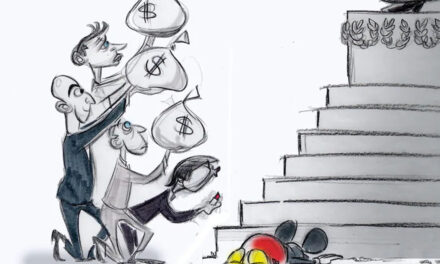
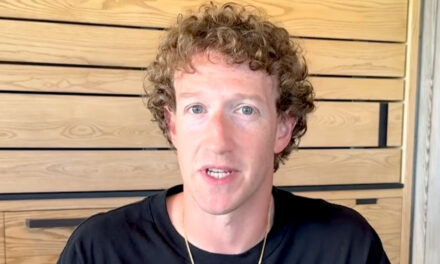


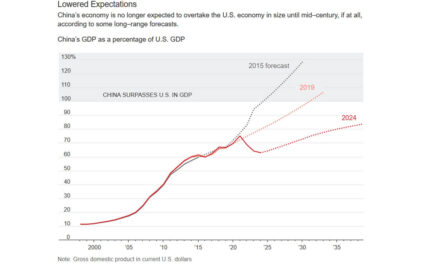
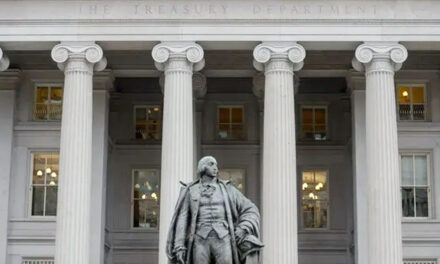






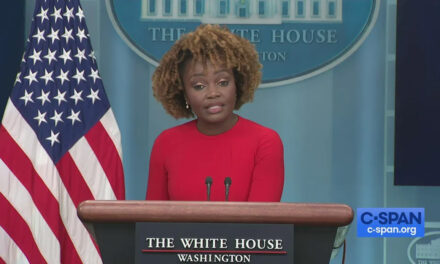
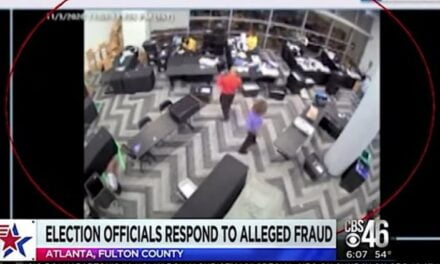
Joe Gilbertson: where are you going with these threats? My free speech is facing intimidation, sometimes physical threats. Is this…
NOT BUSTED. You didn't have to say it. That is what I meant in the above post from me. But…
Just another ruse for taking jabs at Biden through alleged short comings of his. Ten days remaining in Biden's term…
I never said I WANT China to continue to own Panama. You made that up. First,I didn’t say it. Second.…
I absolutely do Not in any way, shape or manner fabricate ANYTHING you say. I do and will always tell…